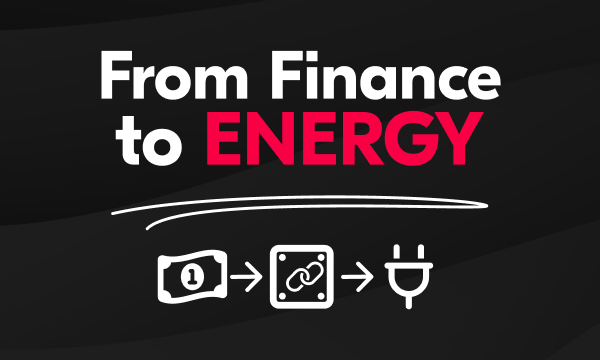Utility tokens and security tokens represent the two main categories of the ICO token. People easily get confused about their differences and use cases. I’ll go through a quick presentation of their key characteristics and dig deeper into the security token topic. Let’s highlight the benefits to investors and the trading aspect of those tokens.
The difference between a utility token and a security token
Utility tokens provide their holders with an access to the company’s services and/or products. Yet, they aren’t issued in the form of an investment asset. That means that the purchase of a utility token doesn’t have to comply with securities laws at this point. A utility token has a certain use case inside a project, but it isn’t designed as an investment. It ‘s not a company share. However, this can still be profitable In fact, the price of a utility tokens can grow over time if the demand for the service or product increases. So, buying a utility token that brings value may bring profit to its holder.
A security token is quite different. It gives its holder a right of ownership and is subject to securities regulations. In the US for example, the SEC has ruled that security tokens are subject to the same federal laws that regulate traditional securities. This brings a limit to the type of investors that can invest in security tokens. Therefore, their trading is also extremely limited and restricted.
The main problems for ICOs using utility tokens:
The rise of ICOs in the last 18 months has brought some major issues in the market. Investors are getting more and more cautious after numerous scams have been widely publicized in the media.
One other major issue has been brought to light when it comes to ICOs using utility tokens. Regulators all over the world (especially the SEC in the United States) are investigating tokens according to their actual usage, as opposed to how they were intended to be used. This is very important because a utility token might actually be considered as a security token. A very high number of ICO tokens are expected to rise in value over time. Therefore, investors are holding on to them as an investment, instead of actually using them within the project. This is where the regulators see a problem, and that’s why they consider those tokens as securities. The SEC chairman, Jay Clayton, even said: “I believe every ICO I’ve seen is a security” . Though, to be fair, he did also say that not all ICOs are scams.
This is why a lot of companies have decided not to let US-based investors invest in their ICO, or look into building a project with security tokens instead of utility tokens.
Why is a security token so appealing?
Issuing security tokens during an ICO is seen by a lot of industry professionals as more efficient and less expensive compared to using utility tokens. It reduces legal risks and brings safety for companies in the long term. On the other hand, a lot of ICOs still try to avoid using security tokens because as I mentioned earlier in this article, it brings about the restrictions about who can invest and trade the tokens, which limits the potential of fast and wide adoption.
Strong ICOs backed by very solid teams are using security tokens more and more often these days. The reason is simple – they don’t want to risk any issues with the regulator. What’s more, they often don’t have any problems raising funds from accredited investors. Plus they’re able to operate on the US market.
You’ve been warned
As we mentioned earlier, a company issuing utility tokens that are later considered as securities by the regulator could bring huge potential liabilities. So, it’s natural that founders are becoming more and more aware of this.
The bottom line is that if you are a company founder dedicating all your time and resources to building a massive business, you want to be sure that your ICO is compliant with ever-growing regulations. Otherwise, it leads to liabilities. On the same note, if you are an investor in an ICO, you’ll definitely want to invest in a token that brings you maximum protection. A regulated security token is often the best way to achieve this.
I’m not saying that utility tokens are good or bad. Or that security tokens are the best way to go. However, as a company founder or as an ICO investor, you’ll probably need to take the elements I’ve mentioned into account. Those two types of tokens have very different aims. As you could see above, security tokens are designed to represent shares of the company, while utility tokens represent access to the company’s product or service. It should also be noted that sometimes, a security token is the only way to go. For example, a lot of projects promise buy-backs of their tokens which makes them a security to the regulator.
The trading of security tokens is its major disadvantage:
The major issue with a security token is that only accredited investors can invest.
The requirements include the following. Only one of these elements needs to fulfilled):
- An annual income of over $200,000 as an individual or $300,000 with a spouse.
- Net assets of more than $1 million excluding the primary residence of the investor.
- An institution with more than $5 million in assets.
- An entity fully owned by accredited investors.
Meeting the criteria above is fairly hard for most investors. This is why a lot of companies go for a utility token: to attract the largest number of investors without being limited to their net worth or geographical location. Using a security token enables an organization to provide token holders with benefits like dividends, voting rights as well as profit shares. This is something a lot of investors are looking for. Also, a security token can still have a utility use case. It can be used within the project’s service or product as a native transaction value.
If you’re still not sure how to handle your ICO, write to me using the form below, or see my contact at the bottom of the page. I’m sure I can suggest something.



